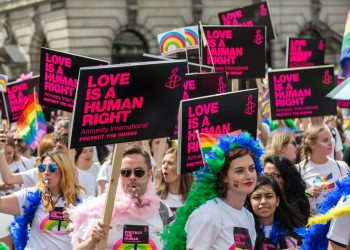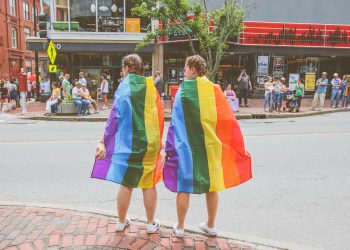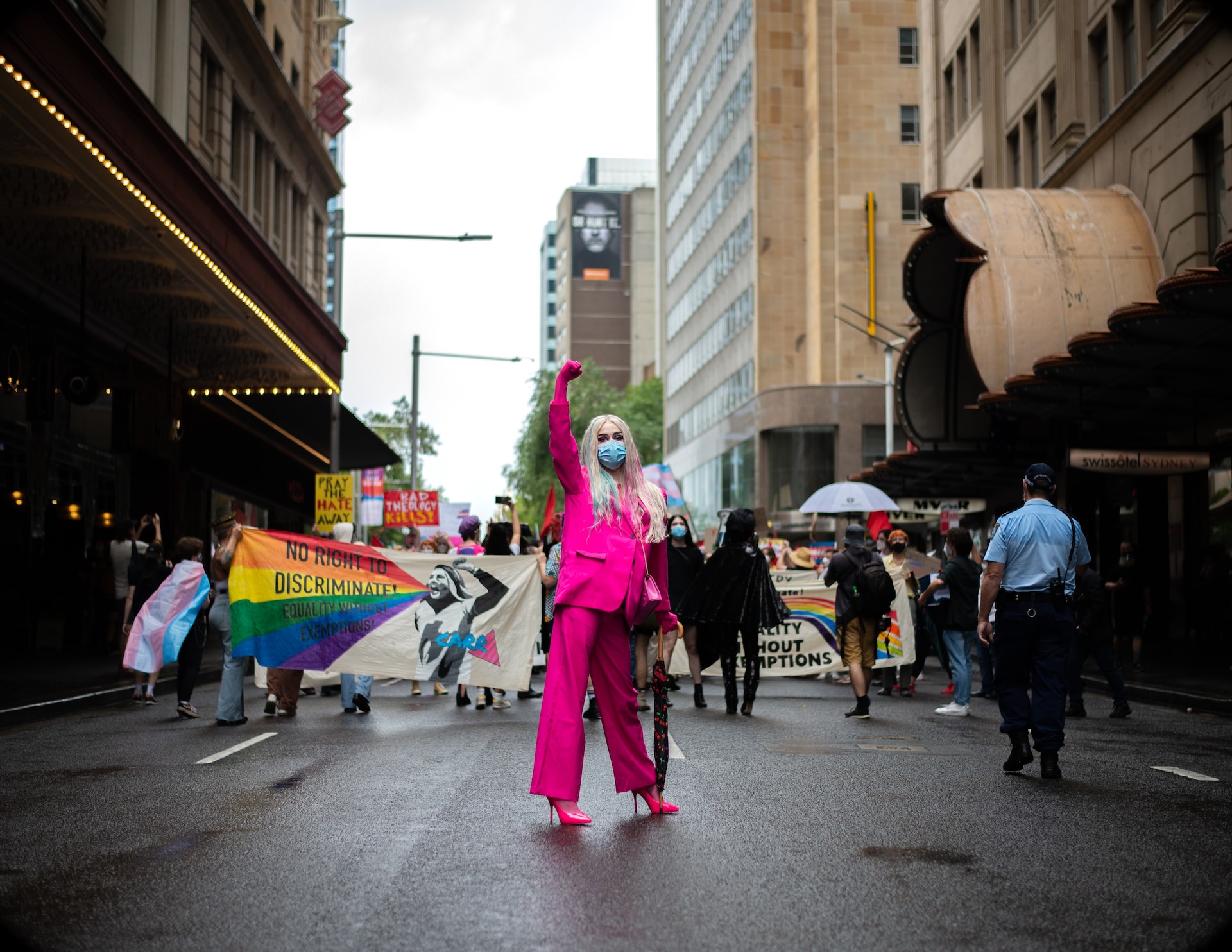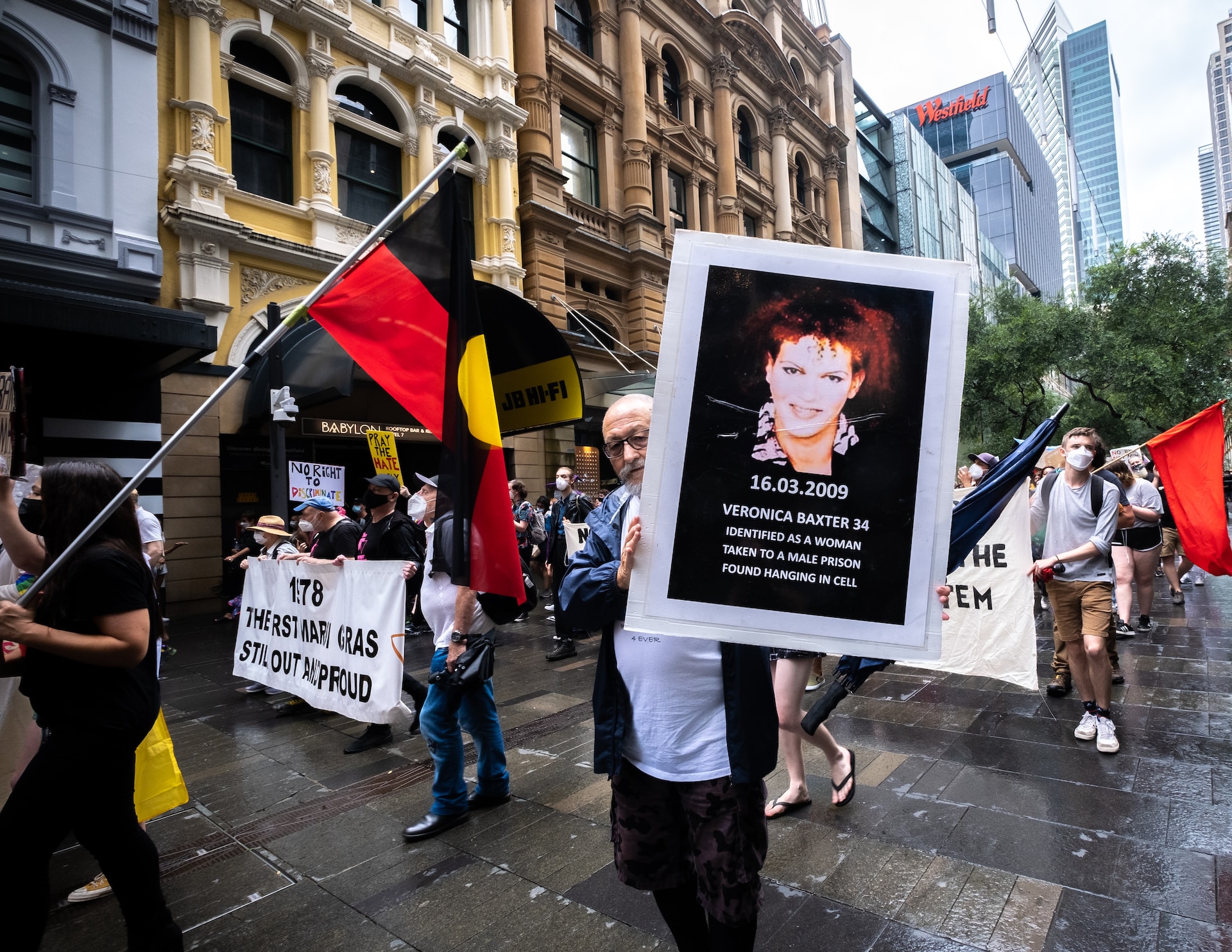In a resounding show of unity, over 20,000 individuals marched through Johannesburg’s streets this past Saturday to commemorate Pride, amplifying the voices and concerns of LGBTQ+ communities across Africa. With numerous African nations maintaining prohibitive stances on same-sex relationships, the event highlighted the dire circumstances many face.
A Ugandan’s Tale of Survival
Mandela Swali, a 25-year-old from Uganda, stood at the vanguard of the parade, attending his inaugural Pride event. Adorned in glitter and the Ugandan flag, Swali narrated his perilous exit from Uganda in 2021 after a compromising incident with his boyfriend led to his detainment. On feeling the embrace of the Johannesburg Pride community, he shared, “This is the kinship and belonging I’ve yearned for. I genuinely feel welcomed here.”
Uganda’s Severe Anti-Gay Laws
Earlier this year, Uganda introduced one of the world’s harshest anti-LGBTQ+ laws, with provisions as severe as the death penalty for specific offenses. This law further exacerbates the landscape where a significant number of African nations already outlaw same-sex relationships.
South Africa’s Progressive Stand
In contrast, South Africa has showcased progressive attitudes, having decriminalized same-sex marriages in 2006. This pioneering decision makes it an outlier on the African continent.
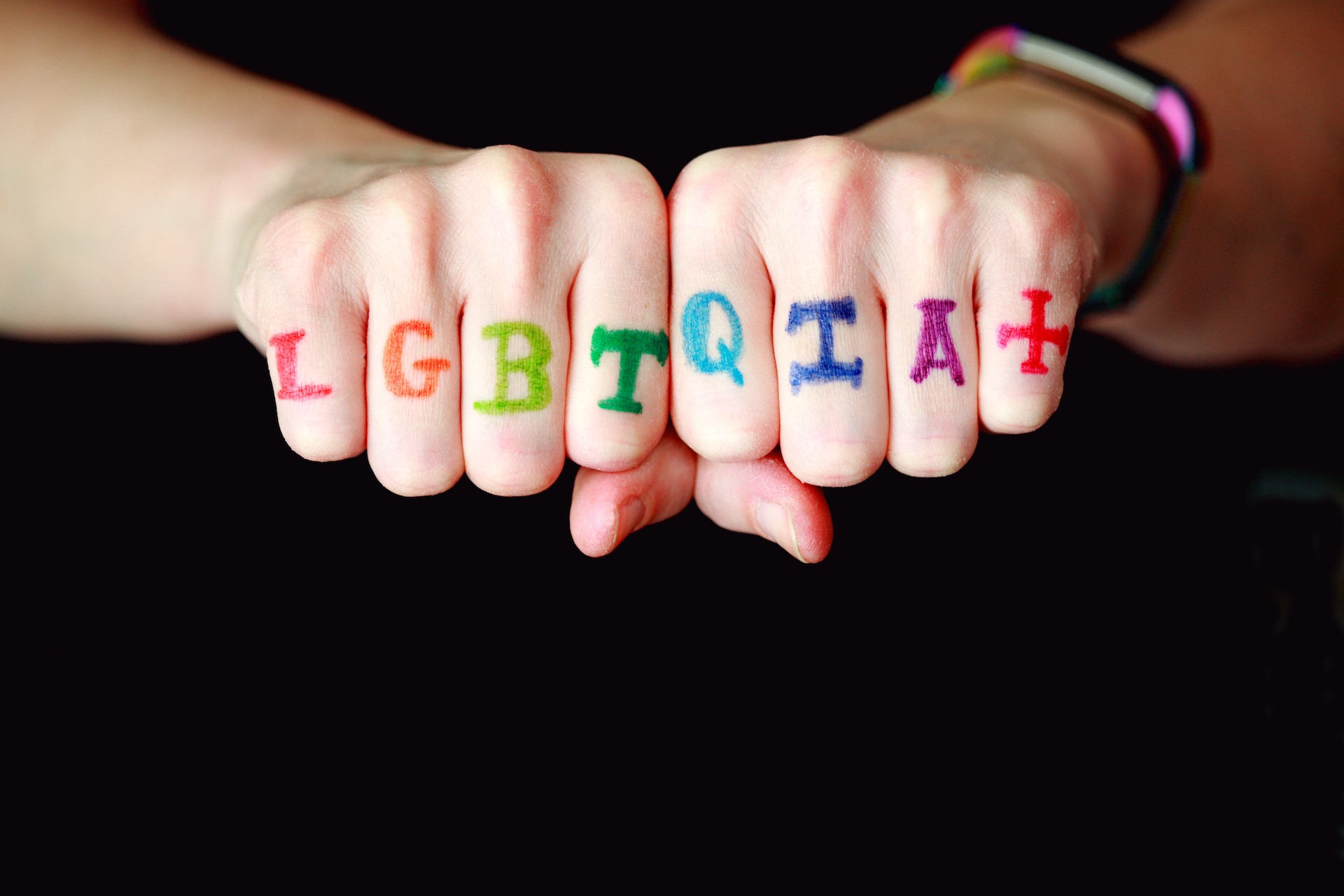
Organizer Kaye Ally encapsulated this year’s Johannesburg Pride’s essence, stating, “Our march today is a beacon of hope for Uganda and all LGBTQ+ communities in Africa who remain silenced.”
Renewed Vigor for Pride
Last year, Johannesburg’s Pride celebration was somewhat subdued, influenced by security concerns raised by the U.S. This year, however, there was a palpable determination in the air. Ally emphasized the event’s significance, saying, “This year, we’re pushing boundaries. With a growing desire for Pride and the mounting challenges across Africa, it’s imperative we stand tall and express ourselves authentically.”
Embodying Human Rights and Unity
With its 34th Pride celebration, Johannesburg reaffirmed its unwavering commitment to human rights, inclusivity, and unity, extending a profound gesture of solidarity to LGBTQ+ individuals throughout Africa.
©unitedradiance.org

